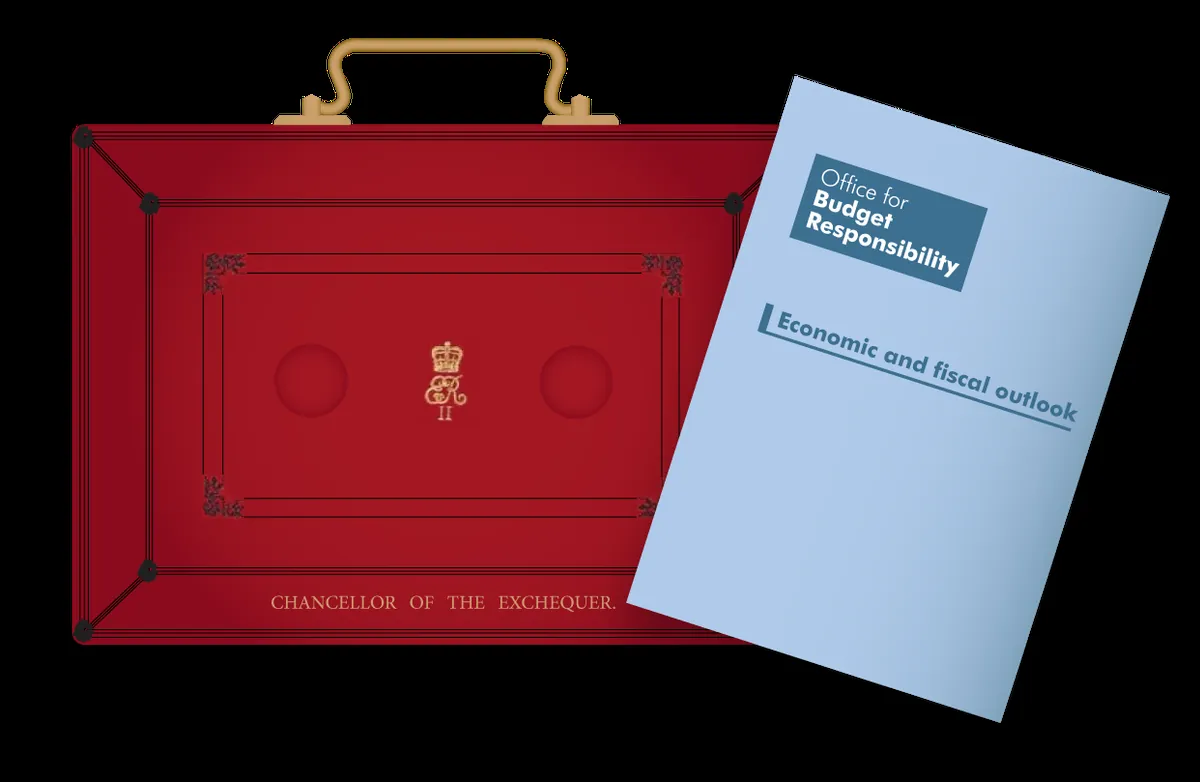UK Government Eases Stance on Chinese Investments in 2023
UK officials intervened in fewer Chinese takeovers in 2023, signaling a potential shift in foreign investment policy. The decline in interventions may indicate a more open approach or changing Chinese investment strategies.

In 2023, the UK government's approach to Chinese investments appeared to soften, as evidenced by a significant decrease in interventions on national security grounds. This shift marks a notable change from previous years and may signal a new direction in the UK's foreign investment policy.
According to data released by the Cabinet Office, the government intervened in only five deals throughout 2023, a substantial reduction from the 15 interventions recorded in the previous 12 months. Notably, none of these interventions involved Chinese investors, despite China accounting for the largest share of national security investigations.

The decline in interventions could be attributed to various factors. It may indicate a more open stance towards Chinese investment in the UK or suggest that Chinese investors are becoming more cautious about pursuing takeovers in sensitive sectors due to stricter regulations.
The National Security and Investment Act, introduced by former Prime Minister Boris Johnson in 2021, grants the government extensive powers to scrutinize and intervene in acquisitions that could potentially harm national security. This legislation covers 17 sensitive areas of the economy, including artificial intelligence, robotics, and quantum technologies.
Under this Act, the government can impose conditions on acquisitions or, in rare cases, block or unwind them. Failure to comply with the Act can result in severe penalties, including fines of up to 5% of worldwide turnover or £10 million, whichever is greater, and potential imprisonment for up to 5 years.
Despite the overall decrease in interventions, China still accounted for 41% of deals called in for review, compared to just 3% of the hundreds of deals that qualified for scrutiny. This suggests that Chinese investments continue to receive heightened attention from UK officials.
Interestingly, almost half of the Chinese investors whose deals were investigated last year withdrew from the takeovers after being called in for review. This could potentially be due to concerns that their deals might ultimately be blocked.
"Each acquisition is considered on a case-by-case basis, and the numbers are expected to vary each year due to the nature of the acquisitions."
The Labour government has also shown signs of a more nuanced approach to Chinese-linked investments. Recently, Pat McFadden, the Chancellor of the Duchy of Lancaster, approved a battery storage project run by a former Chinese diplomat with minor conditions, marking one of the first national security interventions since Labour came to power.
It's worth noting that the UK's approach to foreign investments is not unique. Similar measures have been implemented in other countries such as the United States, Australia, and Germany. The UK government's Investment Security Unit (ISU) within the Department for Business, Energy and Industrial Strategy (BEIS) is responsible for identifying, addressing, and mitigating national security risks to the UK.
As the global investment landscape continues to evolve, it remains to be seen how the UK's stance on foreign investments, particularly those from China, will develop in the coming years.


































